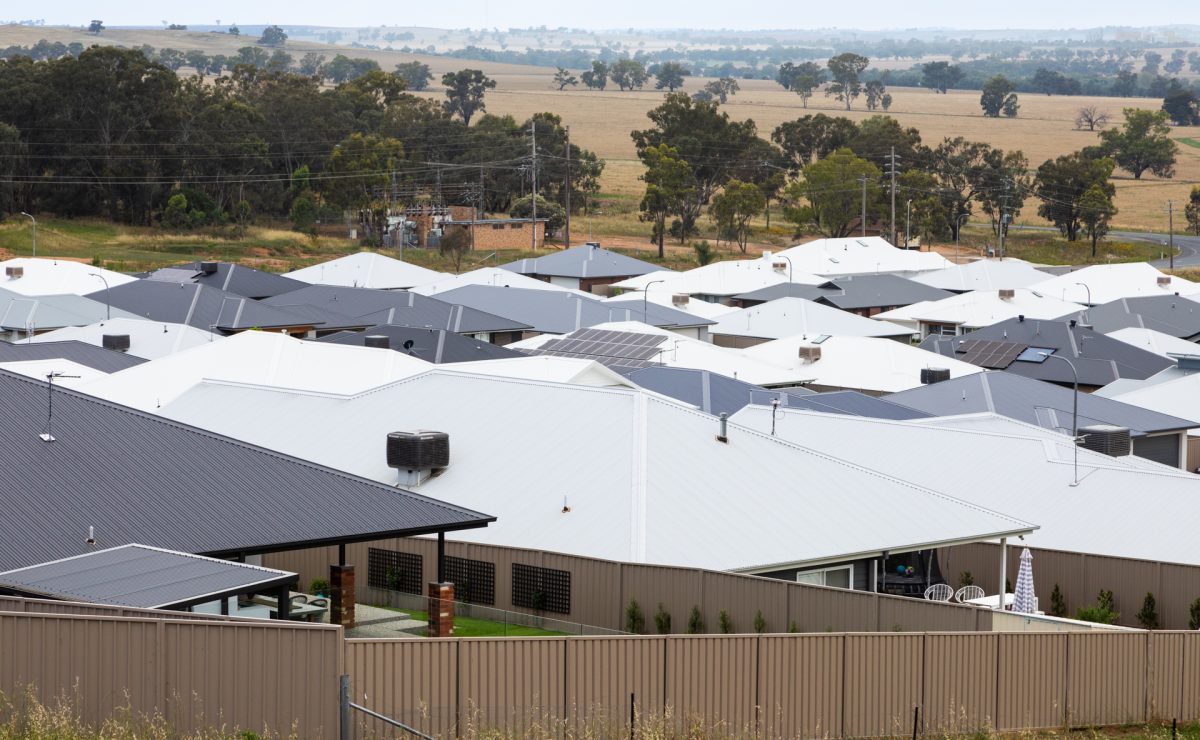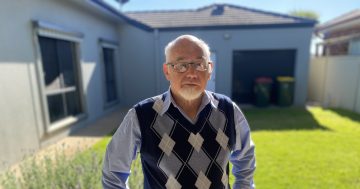
A report shows the rising cost of living is affecting 70 per cent of low-income earners, with some families spending 50 per cent of their weekly income on housing. Photo: Michelle Kroll.
A new study by the NSW Council of Social Services has shown that 7 out of 10 low-income households are experiencing financial and housing stress due to the rising cost of living.
The report, Impossible Choices: Decisions NSW communities shouldn’t have to make, was commissioned by NCOSS and undertaken by the University of Technology Sydney earlier this year and surveyed over 1080 residents living on 50 per cent or less of the median NSW household income after tax and housing costs.
The research showed that:
- 70 per cent were in housing stress (i.e. they spend more than 30 per cent of their income on housing)
- 50 per cent went without prescribed medication or healthcare
- 50 per cent could not afford to travel for essential reasons (e.g. work, to attend education)
- 50 per cent went without meals because they were short of money
- 50 per cent could not pay utility bills on time at least once
NCOSS CEO Cara Varian said the research demonstrated the extreme impacts being felt by households in the Riverina on low incomes and below the poverty line.
“Riverina families should not be forced to choose between paying for food or medication,” Ms Varian said.
“The basics of life should not be considered a luxury that most low-income families cannot afford. These impossible choices make every day a challenge and, most disturbingly, we are setting up intergenerational disadvantage. We must do better.”
Ms Varian said the increased financial stress was affecting all low-income earners across the state and causing a ripple effect for households, affecting relationships, mental health, wellbeing and child health development outcomes.
“Most people on low incomes in this survey were working, many taking on additional jobs and hours but still going backwards. Even those who received a pay rise could not match the increase to their costs of living.”
Ms Varian said the peak body had a set of recommendations for the NSW and Commonwealth governments, developed in consultation with NCOSS members.
“These are complex issues, but governments have the power to change it,” she said.
“Implementing our recommendations would significantly ease the crushing pressure that is pushing people to breaking point.”
The recommendations include: lifting Commonwealth income support for Jobseeker, Youth Allowance and Parenting Payments; increasing the rate of Commonwealth Rent Assistance; providing universal early childcare; ensuring 10 per cent of all NSW housing is social and affordable; making NSW rental increases fair and reasonable; urgently implementing no grounds evictions for all lease types and legislating rental bidding; implementing a universal school food program in NSW; providing adequate funding for NSW emergency food relief services; expanding public transport concessions to better support people on low incomes and improving bus networks in regional, rural and remote communities.










